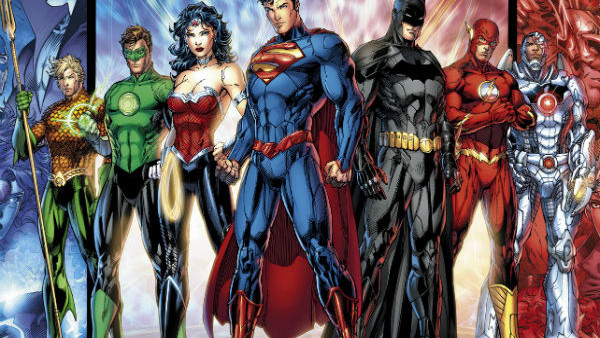How The New 52 Broke DC Comics

The reboot was not without controversy though, and by 2013 Marvel had all but reasserted their dominance in the direct market. Numerous editorial fallouts led to creators leaving DC and some changes to the characters were also poorly received.
There was a distinct lack of women involved on the creative level too, which only made the fact that several New 52 titles were criticised for regurgitating stale, misogynistic comic book tropes all the more galling. Factor in confusion regarding the new continuity, as DC struggled to define what was and wasn't still canon with the reboot, public fallouts from writers with editorial and numerous other issues, and it would be fair to say that the New 52 - despite its initial success - was fairly divisive.
It's also the single most important event DC has experienced in the 21st century. The New 52 laid the foundations of not only a new era in the publisher's comics, but of DC in film too. We see its legacy in animation, and even in the DC Extended Universe, and that's interesting, because it's also a reboot DC are now desperately trying to escape.
There's been a recognition from the publisher that the New 52 fundamentally changed the identity of their comics even as early as six years ago, and it's an internal conflict that's playing out close to a decade on from its introduction.
[Article continues on next page...]